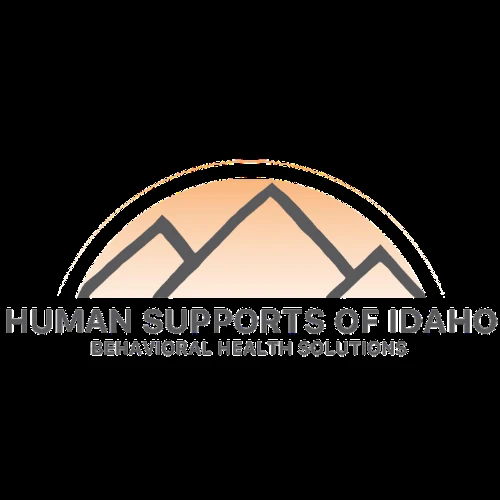Human Supports of Idaho Information
Treatment
Who We Treat
- Children
- Teens / Adolescents
- Young Adults (18–25)
- Adults
- Seniors/Older Adults
- Adolescents
- Older Adults
- Male and Female
- LGBTQ+
Approaches
- 12-Step-Based
- Twelve Step
- Family Therapy
- Group Therapy
- Cognitive Behavioral Therapy (CBT)
- Dialectical Behavior Therapy (DBT)
- 1-on-1 Counseling
- Online Therapy
- Life Skills Training
Conditions We Treat
- Post Traumatic Stress Disorder (PTSD)
- Trauma
- Perinatal Mental Health
- Anger
- Co-Occurring Disorders
Substances We Treat
- Chronic Relapse
Languages
- English
Aftercare
- Outpatient Treatment
- Intensive Outpatient Program
- Continuing Care
- Support Meetings
Level of Care
- Outpatient
- Co-Occurring Mental Health
- Aftercare/Continuing Care
Experience
Smoking and Vaping Policy
- Smoking Allowed in Designated Areas
- Vaping Allowed in Designated Areas
Additional Locations
Human Supports of Idaho Accepts The Following Insurance Plans
Find the best treatment options. Call our free and confidential helpline today!



